

| Time | Scheduled event |
|---|---|
| 8 a.m. |
Opening remarks by President Astrid S. Tuminez, Utah Valley University |
| 8:30 a.m. |
Mayors' PanelThis panel of local mayors and administrators will discuss future transportation-related challenges and plans for their respective cities. Introduction by former Utah Gov. Gary R. Herbert Moderator: Grant Schultz, BYU College of Engineering
|
| 10:30 a.m. |
Q&A |
| 10:45 a.m. |
Break |
| 11 a.m. |
Utah Governor's Office of Economic Opportunity PanelThis panel will discuss the role of the Governor’s Office in attracting businesses to Utah County, how this growth will affect the transportation needs of the region, and how this effort should be coordinated with all stakeholders. Moderator: Greg Macfarlane, BYU College of Engineering
|
| 11:50 a.m. |
Q&A |
| 12 p.m. |
Lunch |
| 1 p.m. |
Aviation PanelThis panel will discuss the future of urban air mobility and the broader aviation needs of the region. The panel will also present the expansion plans for the Salt Lake City and Provo airports. Moderator: Stephen Ley, UVU College of Engineering and Technology
|
| 2 p.m. |
Q&A |
| 2:15 p.m. |
Break |
| 2:30 p.m. |
UDOT, UTA, WFRC, and MAG PanelThis panel will discuss the future of ground transportation and connectivity issues with other modes of transportation. Moderator: Khaled Shaaban, UVU College of Engineering and Technology
|
| 3:30 p.m. |
Q&A |
| 3:45 p.m. |
Closing remarks by moderators |
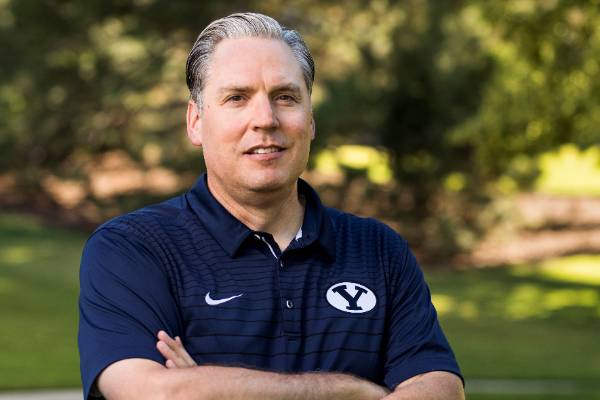
Moderator
Grant Schultz is a professor in the Department of Civil and Environmental Engineering at Brigham Young University, where he has been for the past 18 years. Prior to his time at BYU, he spent three years at the Texas A&M Transportation Institute and has seven years of consulting engineering experience in Utah and Idaho. He holds Bachelor of Science and Master of Science degrees in civil engineering from BYU and a doctoral degree in civil engineering from Texas A&M University. He is a registered professional engineer in the state of Utah and is a professional traffic operations engineer.
In addition to teaching the introduction to transportation engineering course, Dr. Schultz teaches courses in traffic engineering, transportation site planning, and global leadership, and he has taught study abroad courses in China and Europe.
Dr. Schultz performs research in the areas of traffic operations, traffic safety, incident management, connected vehicle technologies, and access management. During his time as a consulting engineer, he worked on a variety of development projects in Utah, including the Main Street closure, the Gateway area master plan, the Intermodal Center Environmental Assessment, and a variety of traffic impact analysis and transportation master plans.
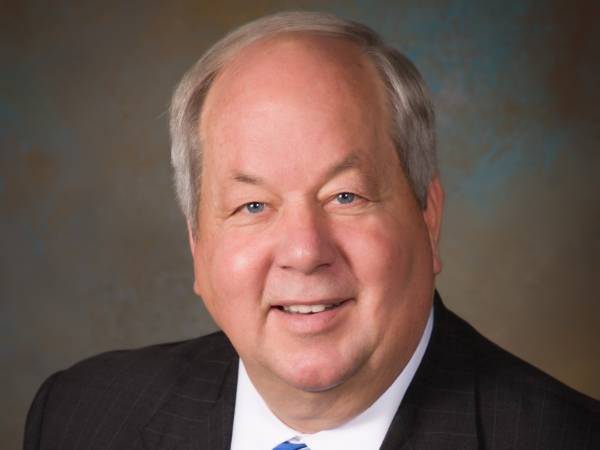
Mayor Richard F. Brunst Jr. was born on June 1, 1949, in Whittier, California, but he was raised in Phoenix, Arizona. During his freshman year of high school, Richard was appointed by Senator Barry Goldwater to serve as a pageboy in the United States Senate. Richard attended Brigham Young University and graduated in 1974 with a degree in political science. During his tenure at BYU, he took two years (1970–1972) to serve a mission in Sweden for The Church of Jesus Christ of Latter-day Saints.
Richard was accepted into the MBA program at Arizona State University, but he took a sabbatical to take employment at Western Pipe Coaters & Engineers, Inc. in Utah. In 1985, he decided to purchase the company and owned it for 31 years.
Richard and his wife, Tammy, have called Orem home since 1992. Together they have raised four wonderful children. Richard was elected mayor of Orem in November 2013
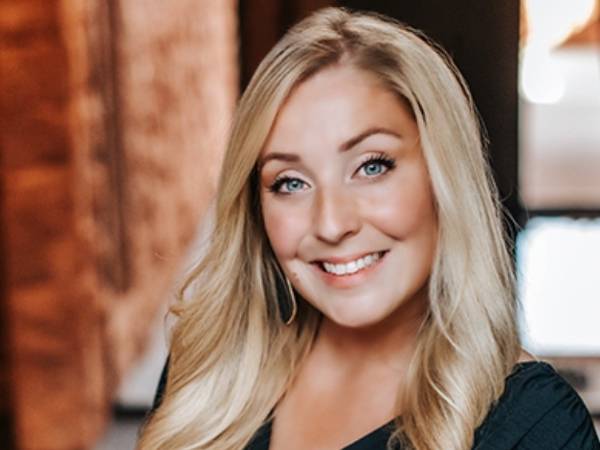
Mayor Julie Fullmer is the first female mayor of Vineyard, the fastest-growing city in the nation. She chairs a $350–400 million investment board to champion clean environments, establish economic vitality, and develop smart cities. Her advocacy has garnered the esteem of her residents as she works tirelessly to bring communities together to make a difference.
Julie sits on over a dozen state boards, leading out in areas such as economic development, transportation, affordable housing, and services for the most vulnerable in our communities.
She has founded several national and international firms and has generated over $100 million in revenue in the internet marketing industry. As a negotiator and mediator, she has been creating strategic partnerships, strengthening communication, and discovering innovative solutions for over a decade.
Julie is a wife, a mom, a traveler, and possibly a caiman wrestler — or at least she's sat very close to a very small caiman, once.
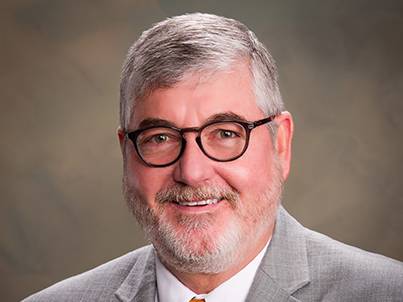
Mayor Mark Johnson has lived in Lehi for over 23 years and has served there on the planning commission, as a city council member, and now as mayor. His civic service spans over 18 years. He is a local business owner and has many years of experience in consulting municipalities on transportation and development standards and entitlement issues for private property owners. He has always promoted the importance of housing diversity and the need for infrastructure planning.

Wayne Parker is the chief administrative officer of the city of Provo, Utah, and has served in that role for 18 years. As the CAO, he directs the day-to-day activities of Provo City government under the direction of Mayor Michelle Kaufusi. Prior to his service in Provo, Wayne served for eight years as the director of management services for the city of Ogden, Utah. Wayne also served as Ogden City’s lobbyist at the Utah State Legislature.
Wayne received his bachelor’s degree in history and master’s degree in public administration from Brigham Young University. He has received multiple awards from the Utah League of Cities and Towns, the International City/County Management Association (ICMA), and the City/County Communications and Marketing Association. He was also an L.P. Cookingham Fellow for Kansas City, Missouri.
Wayne and his wife, Julie, have five children and 13 grandchildren and live in Provo. Given his preference, in his spare time, he would choose to spend time with his children and grandchildren, hike in Utah’s beautiful canyons, work in his garden, or settle in with a great historical biography.
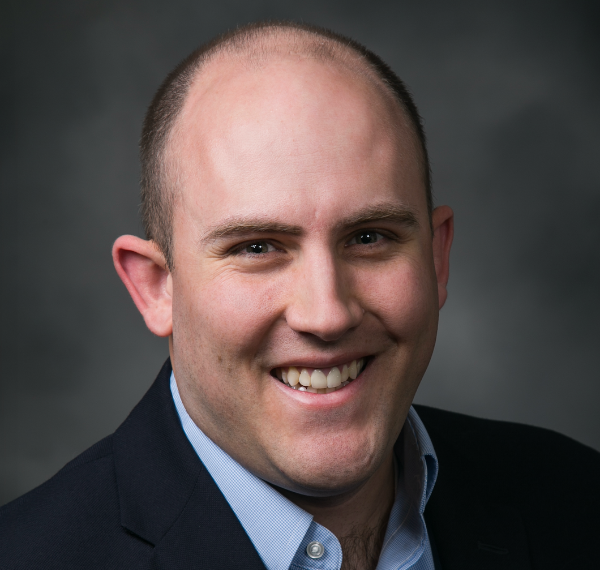
Moderator
Greg Macfarlane is an assistant professor in the Department of Civil and Environmental Engineering at Brigham Young University. He has 10 years of experience in travel demand modeling, public agencies, academic institutions, and private engineering consulting. His specific research lies in applying modern passive data sets to understand travel behavior, including generating synthetic travel diaries from public and commercial data products. Greg is a Utah native and alumnus of both BYU and Georgia Tech.
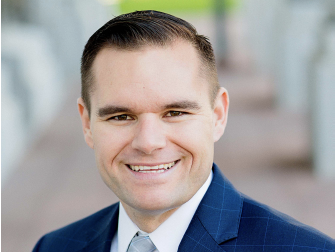
Benjamin Hart is deputy director of the Governor’s Office of Economic Development (GOED). He oversees the Talent Ready Utah program, corporate recruitment, and the International Trade and Diplomacy Office. Mr. Hart also oversees statewide partnerships with the Economic Development Corporation of Utah and the World Trade Center of Utah. Prior to his position at GOED, Mr. Hart served as the director of employer initiatives for the Department of Workforce Services. Hart has also worked for Zions Bank in business underwriting and Layton City, where he was the economic development and community development block grant administrator.
Hart serves on several boards, including the Inland Port Board, the Military Installation Development Authority, the Commission on Housing Affordability, and others. He has also been an active member in several national associations affiliated with education and industry trade associations, including the National Association for Career and Technical Education, the Air Force Association, and others. Mr. Hart completed both his undergraduate and graduate studies at the University of Utah.
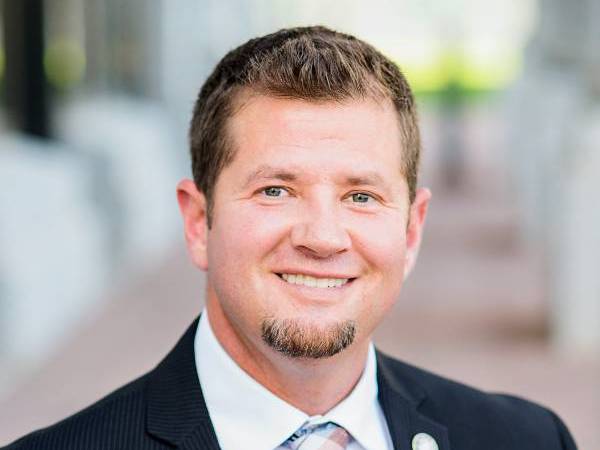
Vic Hockett has over 13 years of operations and leadership experience in the advanced manufacturing sector and more than eight years of experience in higher education, including five years as the vice president of operations at Dixie Tech College. He has served in numerous professional roles, including quality manager, engineering manager, director of operations, plant manager, GM, COO, executive vice president, and business owner.
As director of Talent Ready Utah, Hockett will oversee the state’s public-private partnerships between industry and education in order to support and grow Utah’s workforce in targeted industries statewide.
Hockett completed his undergraduate degree in industrial technology at Southern Illinois University and has a Master of Administrative Leadership from the University of Oklahoma. He and his wife, Darla, have three children and reside in St. George, where they love all things outdoors and home improvement projects. Vic is also part Native American and is a member of the Chickasaw Tribe from Oklahoma.
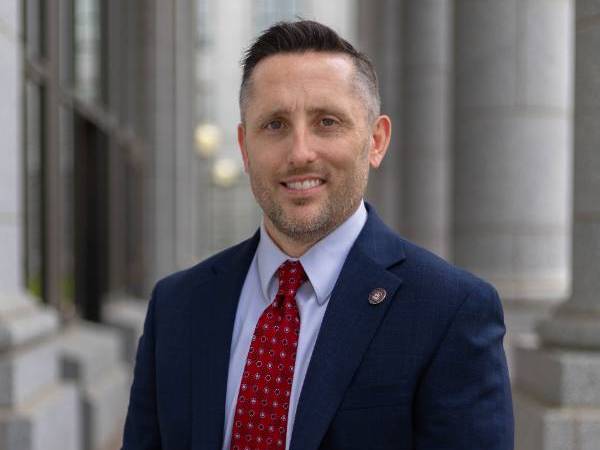
Lance Soffe is the cluster director at the Governor’s Office of Economic Opportunity (Go Utah). In this role, he oversees Utah’s targeted industries to cultivate a business-friendly environment and recruit and foster growth in information technology and software, financial services, aerospace and defense, life sciences, and advanced manufacturing.
Before his position at Go Utah, Soffe served the employer community at the Department of Workforce Services for 14 years in various roles. He also has private sector experience in the financial services sector, real estate, and as a small business owner. Soffe holds a degree in finance from the University of Utah and an MBA from Utah State
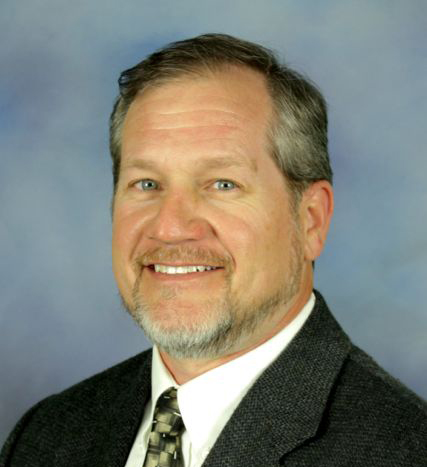
Moderator
Stephen Ley is currently serving in the role of associate professor for the School of Aviation Sciences at Utah Valley University. Coursework includes traditional and online courses for aerospace management and technology-based disciplines. Special projects include the deployment of a new Bachelor of Science degree in aerospace technology management that integrates high technology aerospace sustainment management into a future advanced FAR Part 147 Aviation Maintenance Technician School. Other special projects include research and development of curriculum associated with opportunities and infrastructure requirements to integrate advanced air mobility operations into the National Airspace System. Mr. Ley serves as a member of the NBAA Emerging Technologies Committee and as chair of the Emerging Technologies Committee for the Aviation Technician Education Council (ATEC). Industry experience includes leadership as head of customer and services training for the Rolls-Royce corporation based in Indianapolis, Indiana, for national- and international-based teams supporting regional airlines, corporate aircraft, and defense, helicopter, and energy business segments. Mr. Ley served in the U.S. Air Force supporting F-16 aircraft operational sustainment within the United States, Europe, and the Middle East.
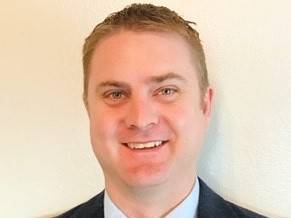
Jeff Carlson has over 20 years of construction and project management experience and over eight years of airport specific experience, primarily in an airport planning role, with recent experience as a construction field engineer for the Salt Lake City International Department of Airports – Airport Redevelopment Project. He has worked on multiple large hub airports within the United States and several commercial service airports in the Pacific Islands. He has an associate degree from the Community College of Beaver County in air traffic control-enroute and a bachelor’s degree from Utah Valley University in aviation administration. Jeff is also a certified member of the American Association of Airport Executives, has a private pilot certificate, has a control tower operator certificate with the FAA, and has a current contractor license with the state of Utah. He is currently a senior aviation planner at AECOM, based in Salt Lake City.
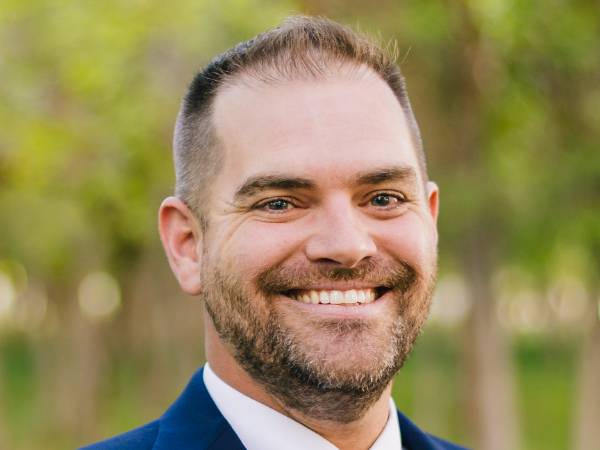
Jared Esselman serves as the director of aeronautics for the state of Utah, overseeing the statewide aviation transportation system. In this capacity, Jared manages the rules and regulations for aviation in the state and establishes the capital improvement program for all 46 of Utah’s public use airports, as well as the management of the state aircraft fleet. He also serves on the board of directors for the National Association of State Aviation Officials and as chairman of the board for the Center for Aviation Research and Education.
Jared earned his master’s in public policy at Harvard University’s Kennedy School of Government and his bachelor’s in political science from the College of Charleston.
Jared started his career in aviation and public service by enlisting in the U.S. Air Force. As a loadmaster on C-17 aircraft, Jared participated in hundreds of airlift combat missions in both Iraq and Afghanistan. He lives in Herriman, Utah, with his wife and three children.
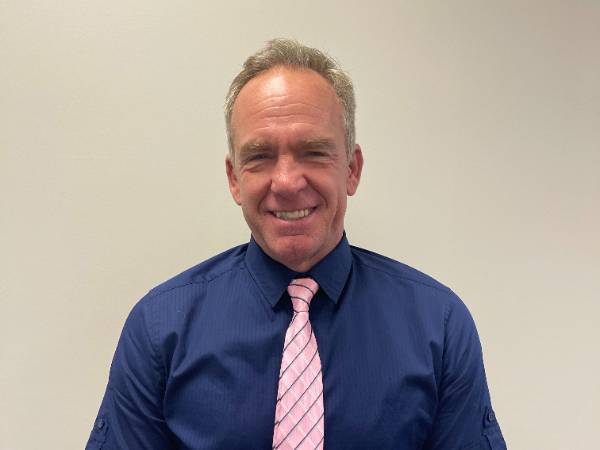
Steve Gleason has been the Provo Airport manager for over 22 years. Prior to working as airport manager, he served as a business development specialist for the Office of Economic Development in Provo. He has a master's degree in public administration and a bachelor's degree in marketing and advertising from Brigham Young University. During his time at Provo Airport, he has overseen the airport going from a small municipal airfield to the second largest commercial airport in the state of Utah, initiating Provo's first-ever Part 139 certification and first scheduled air service, as well as overseeing construction of the air traffic control tower, radar, and 36 hangars and buildings. He is among the seventh generation of his family born and raised in Provo and is a proud graduate of Timpview High School, as are his five children and his wife.
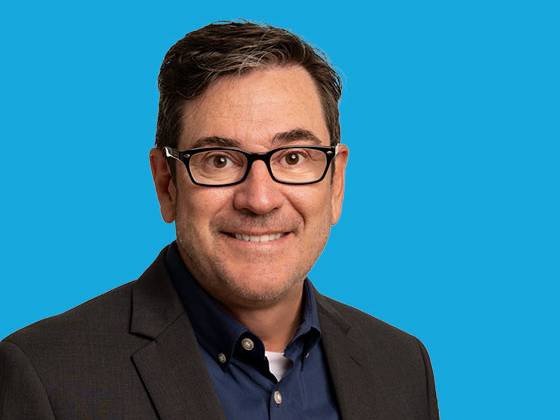
Brad Hayden is the founder and CEO of Robotic Skies, a global maintenance marketplace serving commercial drones and next-generation eVTOL aircraft. Before founding Robotic Skies, Brad was an executive at Aspen Avionics, a leading manufacturer of digital flight displays for business and general aviation aircraft. There, he led the definition and rollout of “connected panel” technology, which revolutionized data synchronization in the cockpit.
Brad advocates for the safe integration of unmanned aircraft into existing global flight operations through various industry efforts. In January 2021, Brad received an appointment to a seat on the FAA’s Drone Advisory Committee. He also Chairs the National Business Aviation Association’s Emerging Technology Committee and the ASTM Subcommittee F46.06 on Autonomous and Electric Aircraft Maintenance Personnel. While serving on the ASTM Committee F38 on Unmanned Aircraft Systems, he led standards development teams related to continued airworthiness and technician training qualifications.
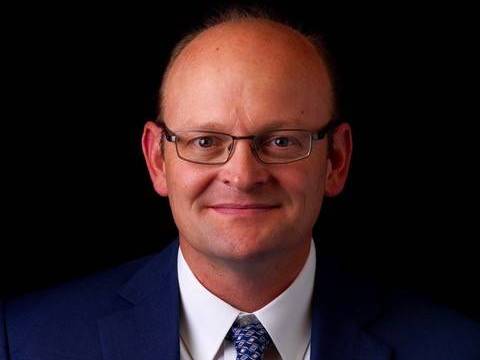
Adam Robertson is a devoted husband and the proud father of eight children. He is the co-founder and CTO of Fortem Technologies, where he led the early development of the groundbreaking TrueView radar and DroneHunter products. His technical areas of expertise include millimeter wave electronics, compound semi-conductors, radar system for drones, and avionics. His business areas of expertise include contract law, intellectual property, negotiation, international export, strategy, business development, and raising capital. He holds an MSEE and MBA from BYU and is the inventor on multiple patents. Adam currently serves in the community as an elected official in the Utah House of Representatives, on the board of the Provo City Airport, and as a high school mountain biking assistant coach.
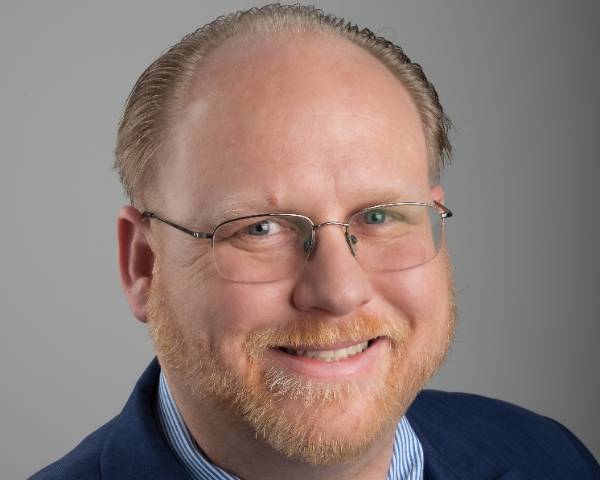
Andrew Scanlon has over 22 years of transportation planning experience. His focus has been on aviation and airports, helping airports develop long-range plans to accommodate demand as it materializes. Mr. Scanlon has lived in Utah County for the last nine years. He is originally from Southern California, where he experienced firsthand explosive suburban growth and challenges in providing transportation infrastructure to keep pace with demand. He also witnessed encroachment of development adjacent to airports, and in some cases, airports closing due to development pressures.
Over the course of his career, Andrew has consulted airports of all sizes, from U.S. Core 30 Airports to smaller general aviation facilities with less than ten aircraft stored there. He has also worked directly with Departments of Transportation (DOTs) on specific and systemwide studies. Some unique projects he has been involved with include airport site selection studies, military airbase reuse studies, and military facility development. He has a master’s degree in business administration and information systems.
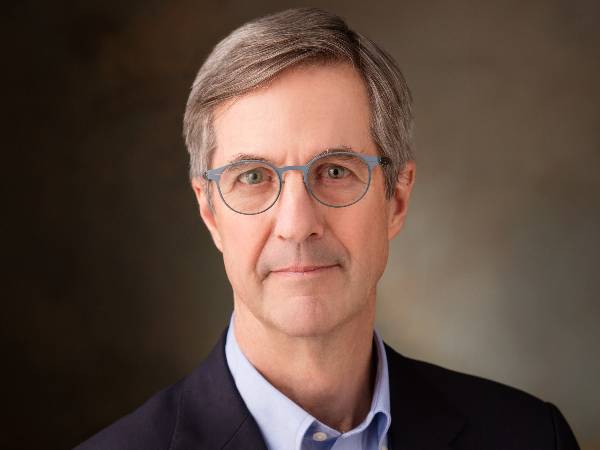
Bill Wyatt began serving as the executive director of the Salt Lake City Department of Airports (SLCDA) in November 2017. The SLCDA operates Salt Lake City International Airport and two reliever airports, South Valley Regional Airport and Tooele Valley Airport. Previously, Wyatt spent 16 years as the Executive Director of the Port of Portland, where he oversaw four marine terminals, two general aviation airports, and Portland International Airport (PDX).
Prior to his appointment as the Port’s executive director, Wyatt served as chief of staff to former Oregon Gov. John A. Kitzhaber for seven years, preceded by six years as president of the Oregon Business Council, and five years as executive director of the Association for Portland Progress, then Portland’s downtown development association. Wyatt served as a state representative from the Astoria, Oregon, area from 1974 through 1977.
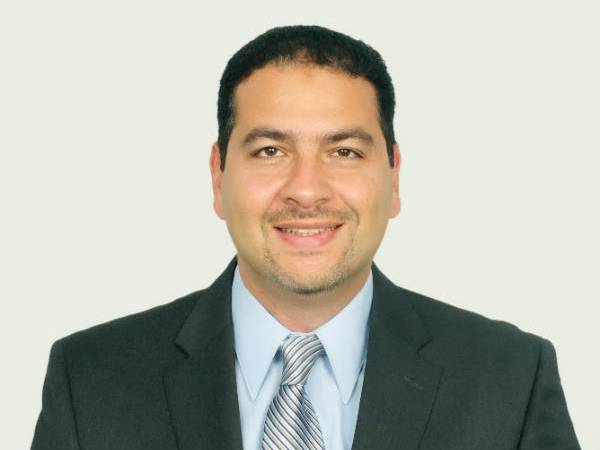
Moderator
Khaled Shaaban, is an associate professor of transportation engineering in the Department of Engineering at Utah Valley University. He received his Ph.D. in civil engineering from the University of Central Florida. He is a registered professional engineer in multiple states and a professional traffic operations engineer. He has over twenty years of experience in the transportation engineering industry. He has been a principal investigator or co-principal investigator for many research projects. The outcomes of these projects include numerous published papers and presentations on a variety of transportation engineering topics.
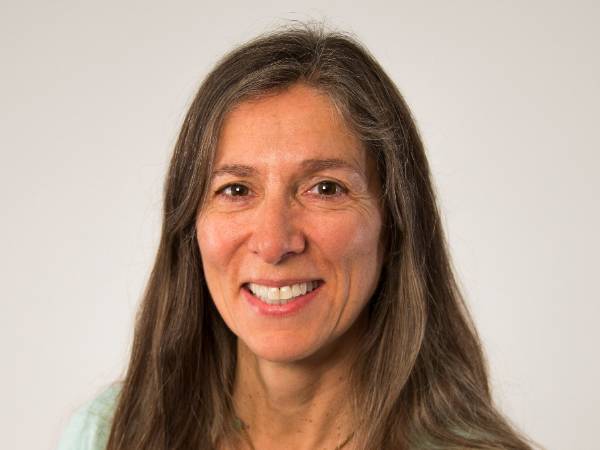
Mary DeLoretto has been with the Utah Transit Authority for 16 years, starting as the environmental studies manager, a new position UTA established as they began to formulate the 2015 program plan. Her responsibilities grew the next several years to include grants administration, project controls, and capital project development. Since 2019, Mary has been the chief service development officer at UTA. The Service Development Office includes capital development, capital construction, real estate, transit-oriented development, project controls, and capital asset management. Recently, with the departure of UTA’s executive director, Mary has been asked to step into the role of interim executive director at UTA while a nationwide search for a permanent executive director is underway.
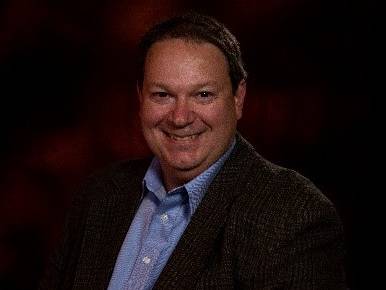
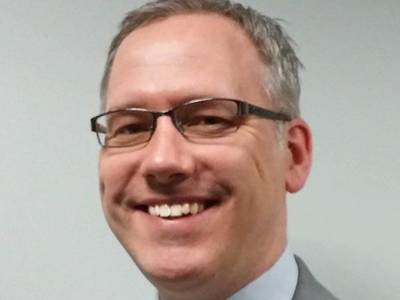
Ted Knowlton is deputy director at the Wasatch Front Regional Council (WFRC), the metropolitan planning organization for the Salt Lake and Ogden/Layton metropolitan areas. Ted has focused his career on coordinating local placemaking with regional infrastructure planning. Prior to joining WFRC, he worked with Fregonese Associates, Envision Utah, and The Planning Center (now PlaceWorks). His experience includes efforts in Chicago, Denver, Los Angeles, and Salt Lake City that have garnered two prestigious Daniel Burnham awards from the American Planning Association. In Utah, he led the development of Wasatch Choice, the region’s official vision. Ted has a master’s in urban and regional planning from Portland State University, is an adjunct professor at the University of Utah, and is a distinguished alumnus of the College of Architecture + Planning at the University of Utah. He is the Planning Commission chair for North Salt Lake City.
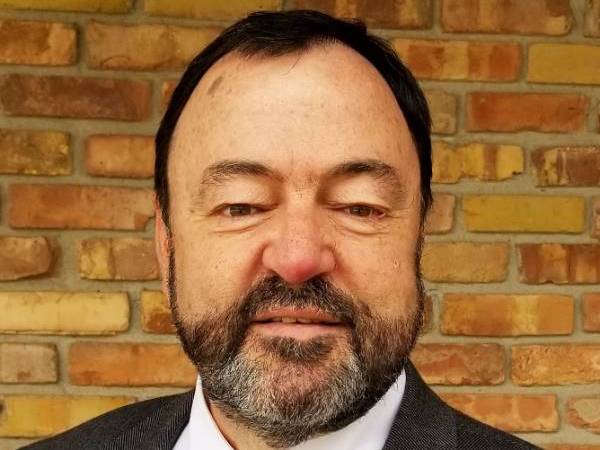
Blaine Leonard is the transportation technology engineer at the Utah Department of Transportation (UDOT) in Salt Lake City. In this role, he leads the planning and deployment of connected and automated vehicles and related traffic management technologies. His team is on the forefront of operational, connected vehicle deployments. He is co-chair of the American Association of State Highway and Transportation Officials (AASHTO) Technology Subcommittee, the co-chair of the Cooperative Automated Transportation (CAT) Coalition Strategic Initiatives Working Group, and leads the SPaT Challenge Tactical Working Group, an effort encouraging transportation agencies around the country to deploy connected vehicle technology. Prior to joining UDOT in 2001, Blaine spent 20 years in the consulting engineering business.
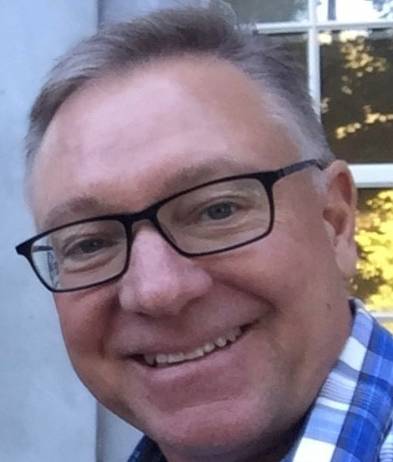
Shawn Seager is the director of regional planning at Mountainland Association of Governments in Orem, Utah. He holds degrees in landscape architecture and public administration. At Mountainland, Seager has been involved with disruptive changes in transportation, trail planning, environmental impacts, increasing capacity, and financial planning, as well as international tourism promotion that led up to the Salt Lake City 2002 Winter Olympic Games.
He enjoys supporting Real Salt Lake Soccer, skiing Utah’s powder, mountain biking with family, and spending time with friends and his Australian Shepherd Ziggy. Shawn’s family includes two amazing athletes: a son attending Utah State University and a whip-smart daughter at Weber State University. Both children play collegiate soccer. Alyssa, his better half, works for Automatic Data Processing in Salt Lake City and is the biggest soccer fan he knows.